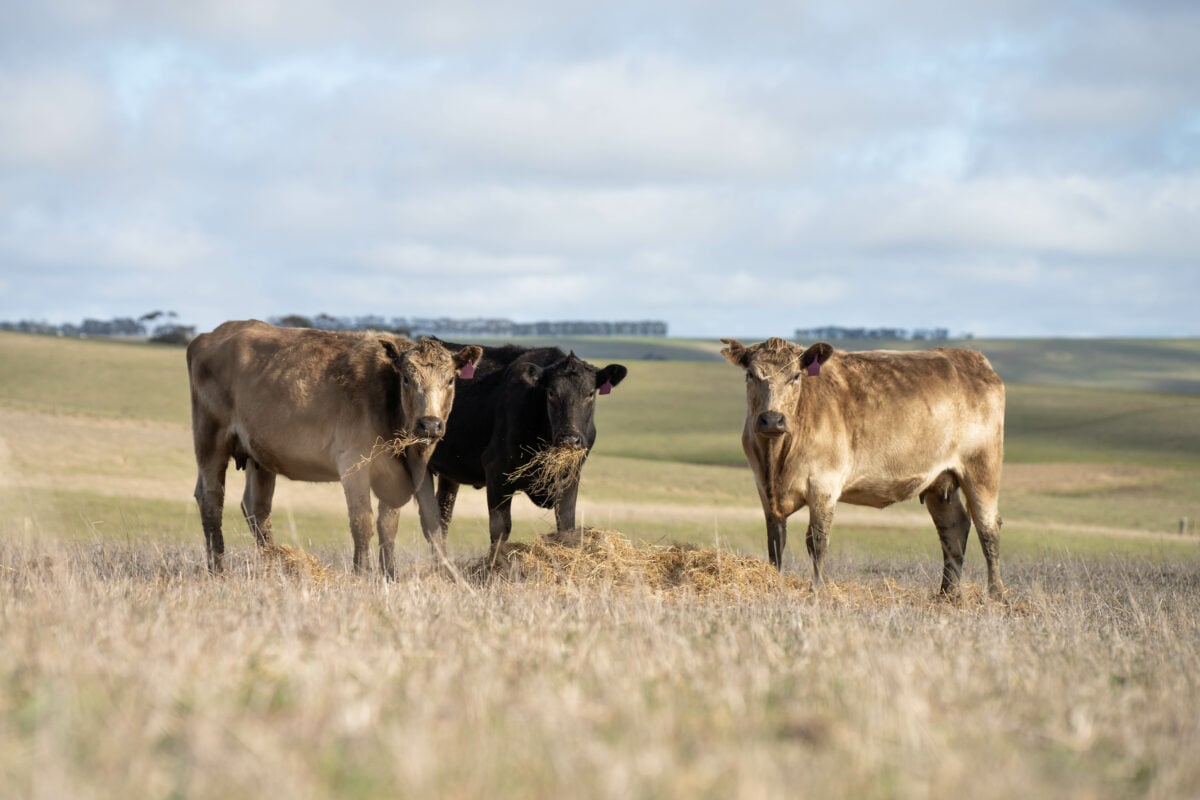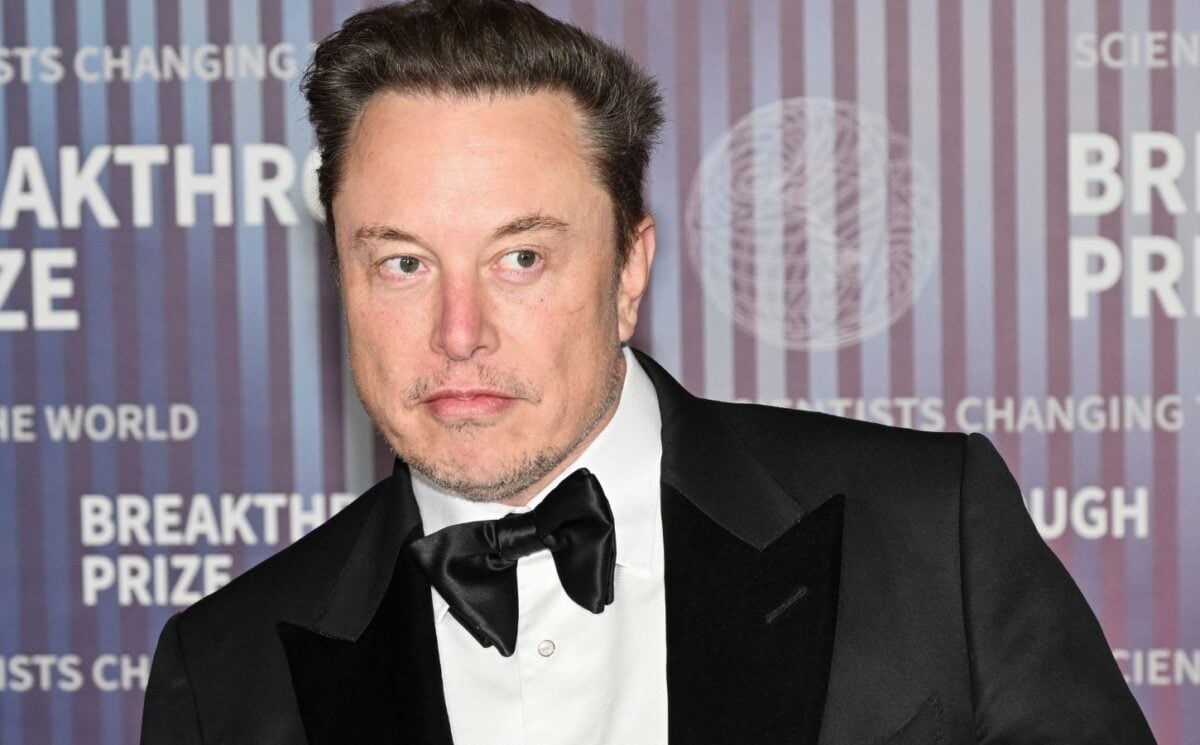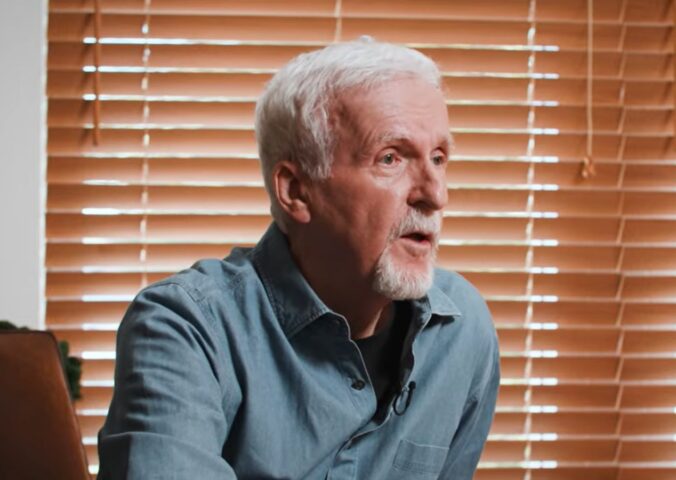Elon Musk and Joe Rogan discussed animal agriculture in the latest episode of podcast The Joe Rogan Experience, with both of them making a number of inaccurate claims about meat’s impact on the planet.
Read more: New Study Latest To Find Men Favor High-Impact, Meat-Heavy Diets
Both downplayed the role that farming is playing in the climate crisis, and Musk went as far as to say that animals “don’t make a difference to global warming.”
It all started when Musk stated he eats steak and eggs for breakfast, which he claimed is a “great power up.” To this, Rogan replied: “People dismiss this whole carnivore diet thing because in our heads there’s a lot of propagandists that put this thing out there that animal agriculture is the number one contributor to global warming.” Musk described this notion as “rubbish,” and Rogan agreed, saying it’s “bullsh*t.”
“Not only is it bullsh*t, but the real problem is factory farming,” Rogan added. “Regenerative farming is carbon neutral.”
In response, Musk said: “The animals are not going to make any difference to global warming. None.” Later in the conversation, he went further. “It’s not going to make any difference to global warming or CO2 concentration in the atmosphere really if people eat fewer steaks,” he said. “It doesn’t matter. It’s irrelevant. Irrelevant. I want to just be super clear about that. You will not even be able to measure it, that’s how irrelevant it is.”
Read more: Wildlife Populations Have Plunged 73% In 50 Years
Animal agriculture’s environmental impact

There is no doubt that animal agriculture is destroying the planet. And, contrary to what Musk seems to believe, it is perfectly possible to measure its impact, and there are numerous studies that do.
Animal agriculture is responsible for a significant chunk of greenhouse gas emissions, most famously in the form of methane, which is 80 times more potent than carbon in its first 20 years in the atmosphere. Farmed animals, mostly cows, are responsible for around a third of human-caused methane.
Our animal-based food system is also the leading cause of deforestation, biodiversity loss, and species extinction. Animals require a huge amount of the world’s land, which is either used to house the animals themselves or to grow feed for them. According to Our World In Data, which is run by research teams from the University of Oxford, 80 percent of agricultural land is used for animal farming. Using up land in this way is destroying vital carbon sinks and releasing carbon back into the atmosphere. A recent study found that the Amazon rainforest is close to a tipping point that would make it a carbon source, rather than a carbon sink, because of deforestation. The vast majority of Amazon destruction is due to animal farming with studies showing that a plant-based food system would use 75 percent less land.
Regenerative farming, which Rogan referenced in the interview, is often peddled as a sustainable alternative to traditional farming methods. It refers to the idea that grass-fed cows can help sequester carbon into the soil through grazing in specially managed systems. A 2018 University of Oxford study titled Grazed and Confused found that, while some systems can sequester some carbon for a limited period, this was only a fraction of the emissions the cows produced themselves.
Read more: Global Methane Levels Show ‘No Hint Of Decline’ According To New Research






